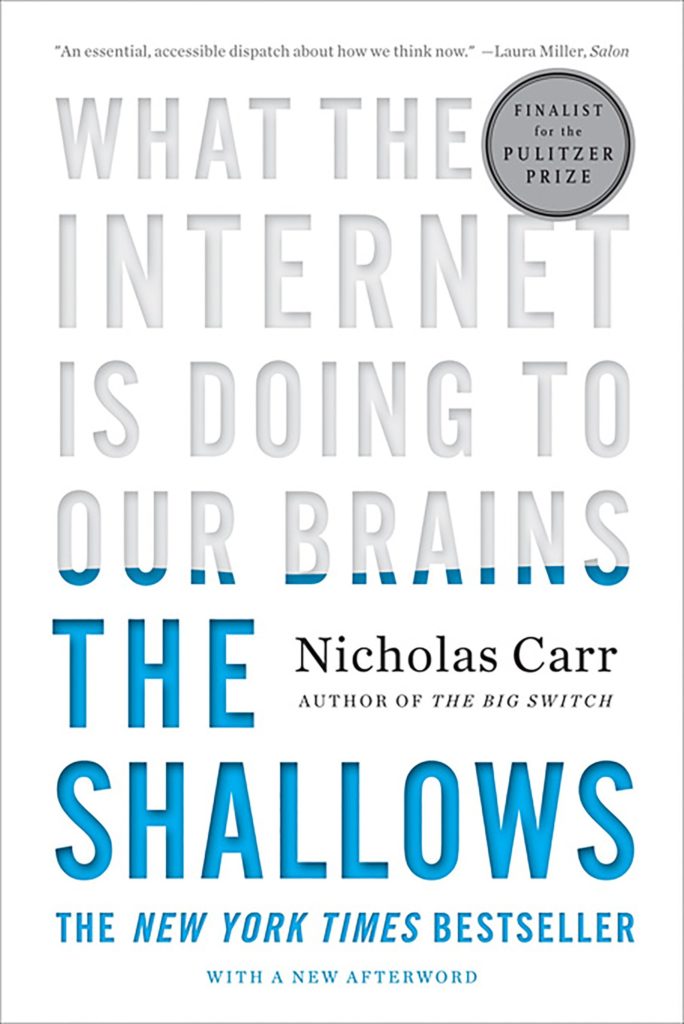One fact that no one can deny is that the Internet is very present in our day to day, we write several tweets a day, we spend a lot of time looking at photos on Facebook and constantly chatting through different mobile messaging services.
For many, technology guides day-to-day work and tasks, whether it’s organizing the calendar through an app or checking traffic before leaving home, recognizing this reality, it’s critical to wonder how the Internet affects our brain, such a malleable and malleable organ. Adaptable.
Currently, we can talk about five different cases of brain adaptation to the Internet:
1. An addict’s brain: A large number of people have recurrent patterns similar to addicts, such as abstinence that appears after a certain amount of time without internet access.
2. Solitude and jealousy: Contrary to what most people believe, people isolate the the the most often when they abuse social media, and they often generate feelings of jealousy and even envy on the part of people who often post images of everything that happens in their lives. This effect is called “Facebook depression”.
3. Suicides of vulnerable adolescents: several researchers at the University of Oxford in England have shown that the more time you spend surfing the Internet, the higher the risk of suicide or self-harm among vulnerable adolescents (i. e. those who have considered suicide or injury in the past).
Memory problems: an overload of information can overwhelm our brain, making it difficult for our ability to care, filter data and even our memory, both in the short and long term.
Improved brain function: it’s true! Everything on the Internet isn’t bad. Our brain adapts very easily to the Internet. According to a 2008 scientific study, moderate internet use can improve our brain functions, especially if search engines are used (Yahoo, Google, Bing, etc. ) tools to stimulate neural patterns, which helps older people a lot. This means that the action of searching the Internet involves complex brain activity that, if exercised wisely, can positively stimulate our neurons.
As we see, the adaptation of our brain to new technologies varies with the daily use of them, Internet abuse can have negative effects on people’s minds, especially those with a greater tendency to vulnerability, on the other hand, the correct use of the Internet, guided specifically by daily moderation, can improve the functioning of our brain.
Do you think you can have one of the four main types of brain adaptation compared to the Internet?Keep in mind that it’s never too late to change. Try to think objectively about the use of new technologies, such as browsing social networks, and the time they spend on a daily basis, remember that if you achieve balance in this aspect of your life, the benefits will be very important. Think?
Image Credits: Ben Raynal

